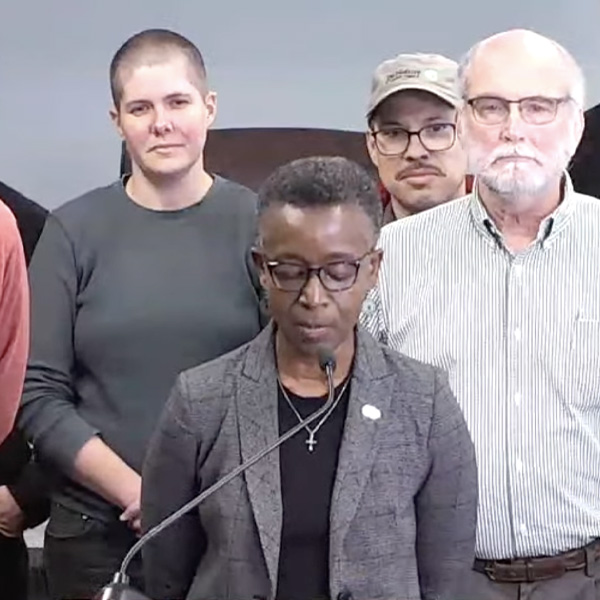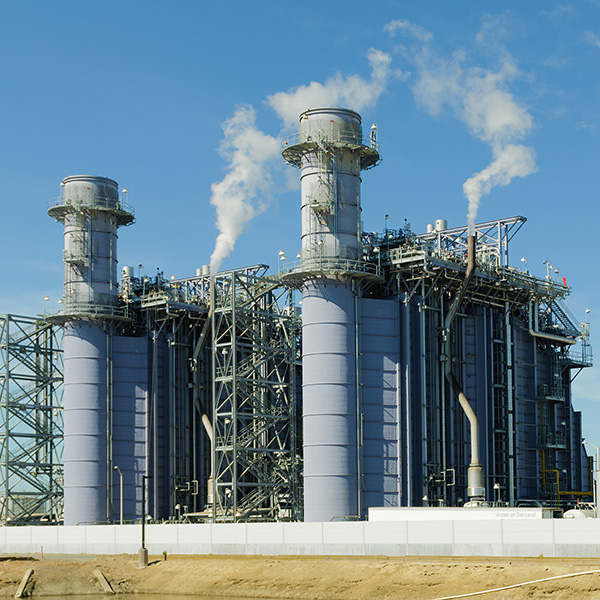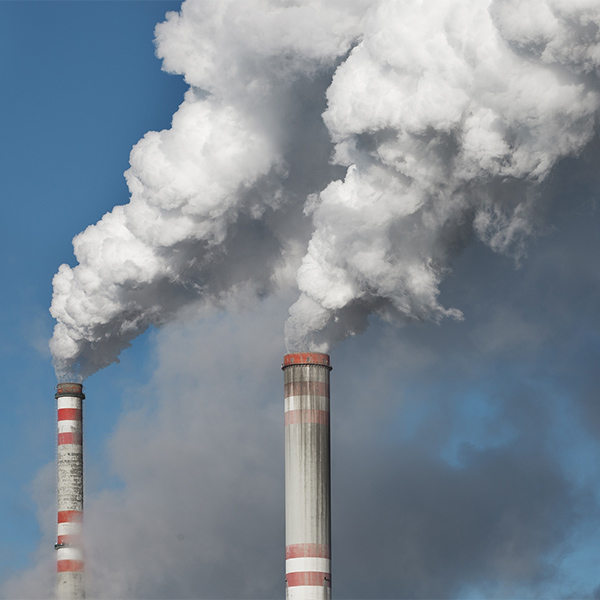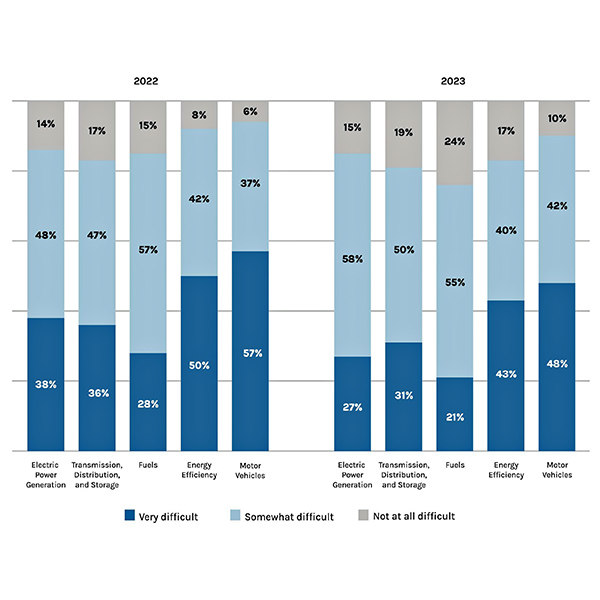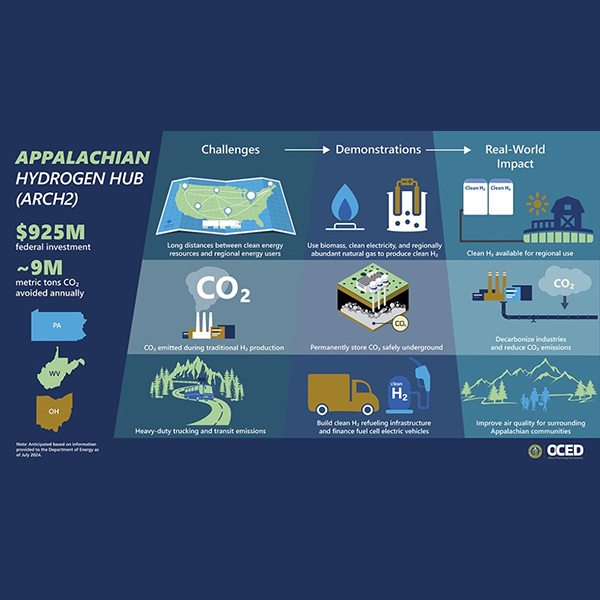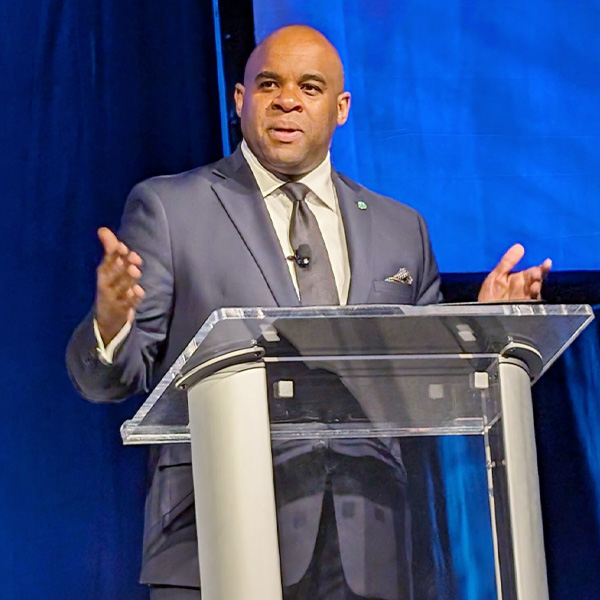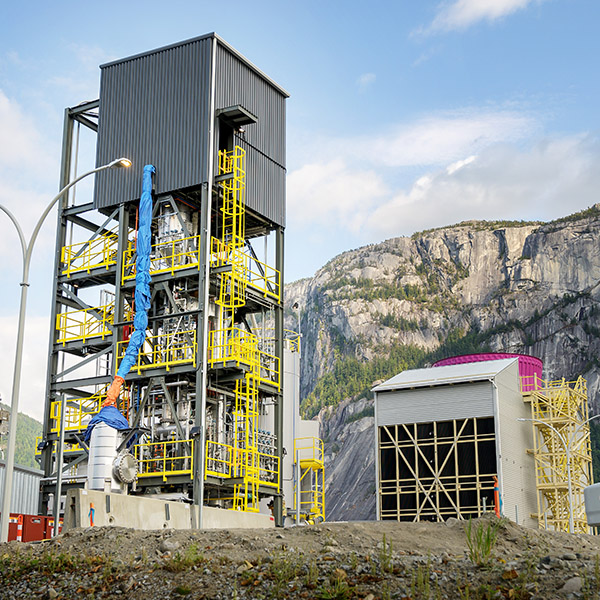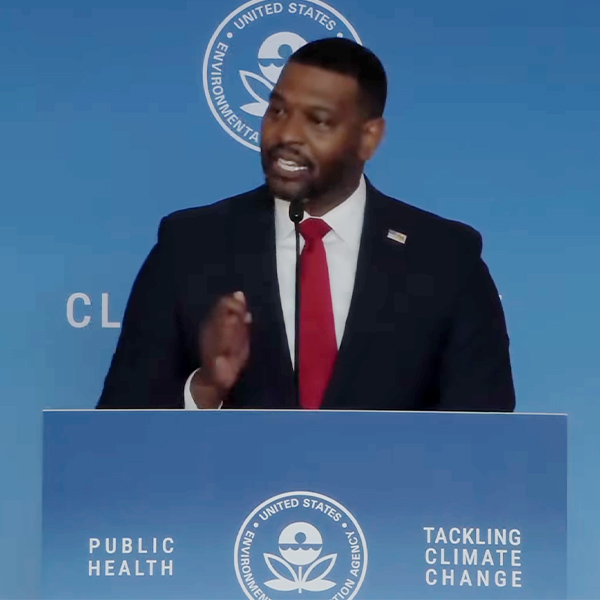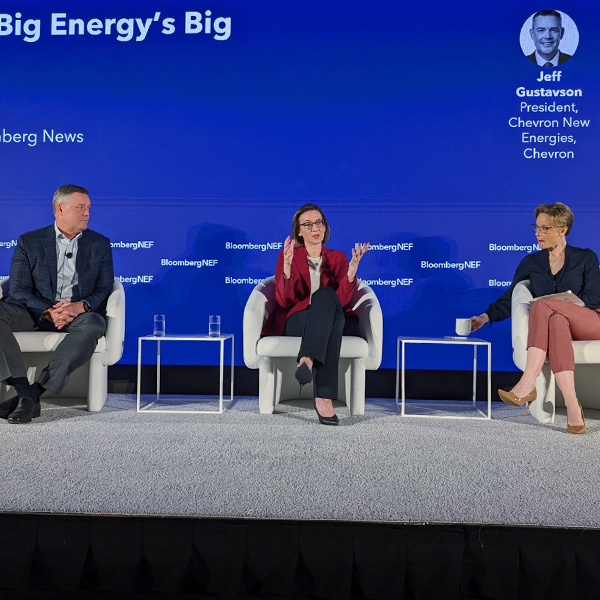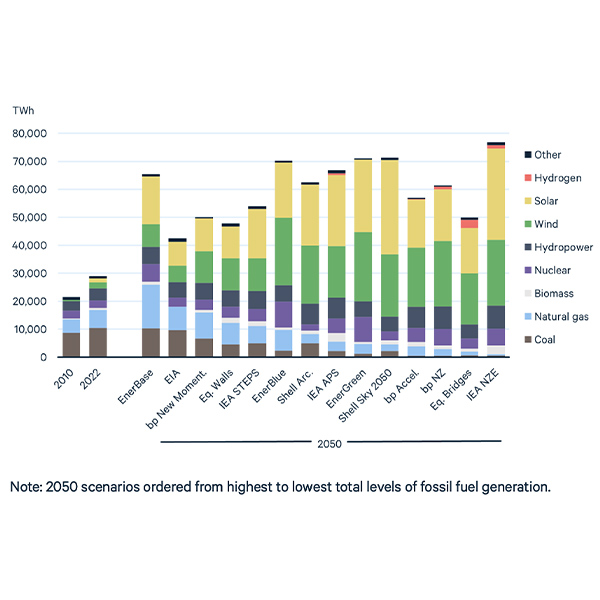Carbon Capture
The town of Carrboro, N.C., became the first municipality in the country to sue an electric utility over its alleged deception around climate change, claiming that delayed action to address the issue will cost its government millions of dollars.
The Union of Concerned Scientists' paper argues the electric industry should focus on expanding renewable energy aided with storage rather than keeping natural gas plants running with hydrogen, biomethane or carbon capture and storage.
ERCOT, MISO, PJM and SPP filed a joint brief in the appeal of EPA’s power plant rule seeking more flexibility on compliance, arguing it is needed to ensure reliability.
The Department of Energy reports the clean energy workforce grew 4.2% in 2023, twice the rate of the rest of the energy sector and the U.S. economy overall.
The Appalachian Regional Clean Hydrogen Hub is the third of seven regional hydrogen hubs to reach agreement with the Department of Energy.
Speaking at the Exelon Innovation Expo, Phillips stressed FERC Order 1920's innovative approach to long-term planning for regional transmission, with a focus on reliability, affordability and sustainability.
The Edison Electric Institute has joined the litigation against EPA’s power plant rules under Clean Air Act Section 111, filing its own petition to review the rules and intervening in existing suits.
Coal-fired power plants nationwide will either have to close by 2039 or use carbon capture and storage or other technologies to capture 90% of their emissions by 2032 under EPA’s long-awaited final rule.
A series of presentations and panels at the BloombergNEF Summit provided a measure of the industry’s success in crafting a narrative based on a “balanced” and well-paced transition that includes cutting egregious emissions and scaling carbon capture and storage technologies.
Many recent projections for energy use have fossil fuel use plateauing after 2030, when it needs to rapidly decline to meet midcentury carbon targets, Resources for the Future said.
Want more? Advanced Search
